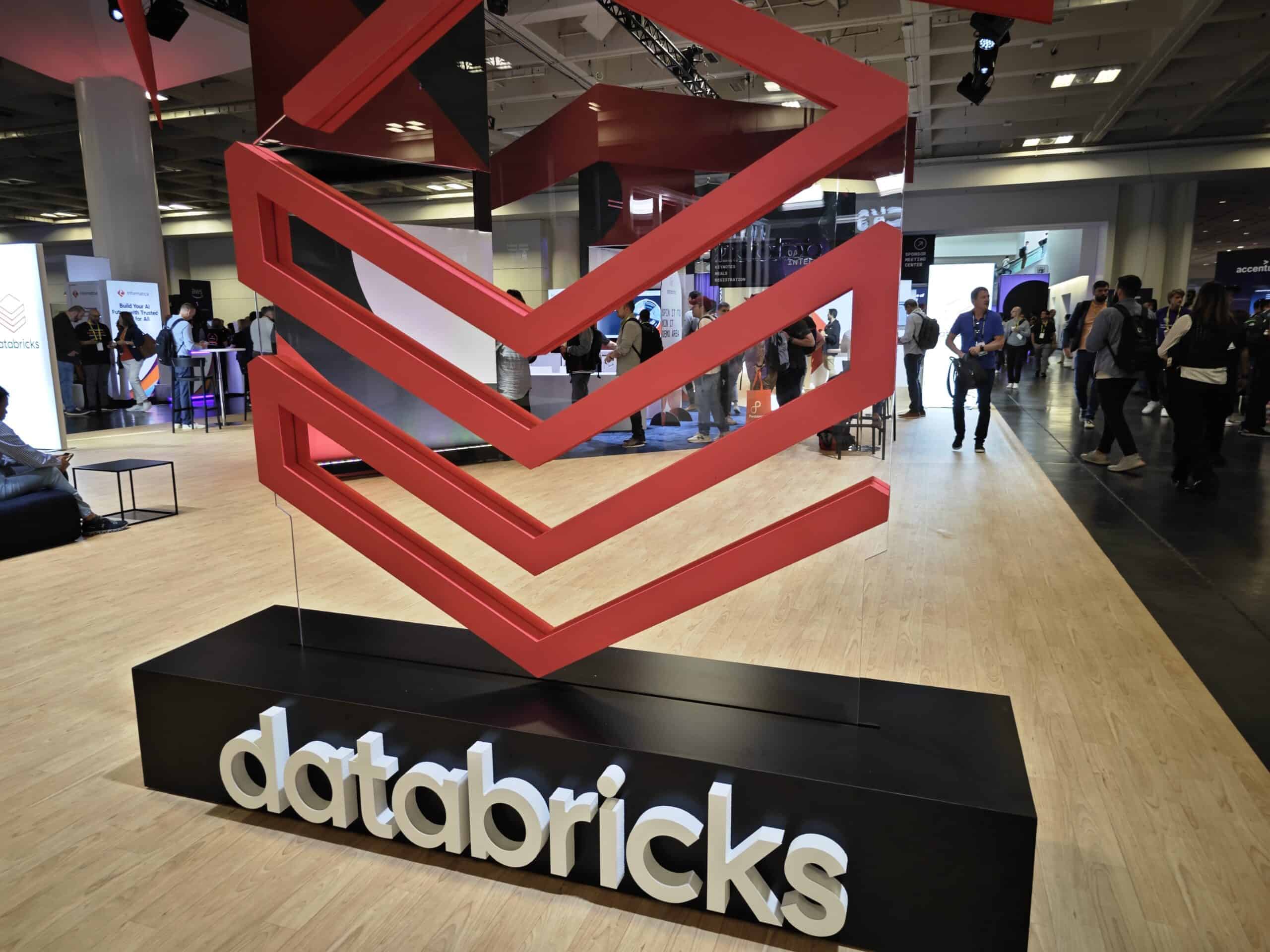What are Block Trades?
A block trade is a high-volume transaction in a security, typically involving at least 10,000 shares of stock or $100,000 to $200,000 worth of bonds. These trades are significant because they represent substantial market activity that can influence stock prices and market sentiment. For example, an institutional investor might sell or buy a large number of shares through a blockhouse, which specializes in handling such large-scale transactions.
- Understanding Bail Bonds: A Comprehensive Guide for Financial and Legal Needs
- What is Nansen? Data Analytics Platform for Web3 Intelligence
- How Bond Futures Work: A Comprehensive Guide to Trading and Hedging
- Understanding Bare Trusts: A Simple and Tax-Efficient Way to Manage and Transfer Assets
- How to Use the Average Directional Index (ADX) to Strengthen Your Trading Strategies
Entities Involved in Block Trades
Institutional Investors
Institutional investors, such as hedge funds, investment banks, mutual funds, and retirement funds, are key players in block trades. These investors use block trades to manage their positions effectively. They may employ block trades to avoid disrupting the market with their large orders, gain liquidity quickly, or hedge against other positions in their portfolios. For instance, a hedge fund might use a block trade to adjust its exposure to a particular stock without causing significant price movements.
Bạn đang xem: Understanding Block Trades: How Institutional Investors Navigate Large-Scale Securities Transactions
Blockhouses and Broker-Dealers
Blockhouses and broker-dealers are essential facilitators of block trades. They break up large orders into smaller trades and execute them through multiple brokerages to minimize price impacts. This process helps in maintaining market stability and reducing the risk of adverse market movements. However, broker-dealers face risks such as capital tie-up and potential losses from adverse market movements. The benefits of using blockhouses include minimizing price impacts and ensuring smoother execution of large trades.
How Block Trades Are Executed
Block trades can be executed either on the open market or privately between two parties. Public transactions occur on exchanges like the New York Stock Exchange (NYSE) or NASDAQ, while private transactions often involve dark pools.
-
Public vs. Private Transactions: Public block trades are visible to all market participants as they occur, whereas private block trades are executed without public visibility until after the transaction is completed.
-
Breaking Up Large Orders: To avoid market disruption and maintain price stability, large trades are split into smaller chunks. This strategy helps in preventing sudden spikes or drops in stock prices.
-
Xem thêm : How Brand Loyalty Drives Profitability and Long-Term Business Growth
Use of Dark Pools: Dark pools are private exchanges where trades are executed anonymously until after they are completed. This allows institutional investors to make significant trades without immediately affecting the public market.
Why Block Trades Matter
Block trades have several implications for the financial market:
-
Market Impact: These trades can signal institutional investors’ sentiments about a company and potentially influence market prices. A large block trade by a reputable institutional investor can be seen as a vote of confidence or lack thereof in the company.
-
Analytical Value: Block trades provide valuable insights into where institutional investors are pricing a stock. This information is particularly useful during events like mergers and acquisitions, where understanding market sentiment is crucial.
Considerations for Evaluating Block Trades
Size and Significance
When evaluating block trades, it’s important to consider their size relative to the average trade size and daily trading volume of the stock.
-
Comparative Analysis: Comparing the size of the block trade to the average trade size helps in understanding its potential impact on the market.
-
Xem thêm : Mastering the Capital Market Line (CML): A Guide to Optimal Risk and Return in Investment Portfolios
Impact on Market Price: The size of the trade can significantly affect the stock’s price. Larger trades tend to have more substantial impacts on market prices.
Price Impacts and Trading Trends
Block trades can influence price volatility and trading trends:
-
Price Volatility: These trades can cause temporary volatility in stock prices. Traders should monitor these impacts to make informed decisions.
-
Trading Patterns: Instead of reacting to a single block trade, it’s more beneficial to look for patterns in these trades. Consistent large trades by institutional investors can indicate broader market trends.
Advantages of Block Trades
Block trades offer several advantages:
-
Minimizing Market Disruption: By breaking up large orders into smaller trades, block trades help avoid extreme imbalances in supply and demand, thus minimizing price volatility.
-
Execution Costs: Executing large orders as block trades can reduce execution costs compared to breaking them up into smaller, more costly transactions.
Nguồn: https://horizontalline.icu
Danh mục: Blog







